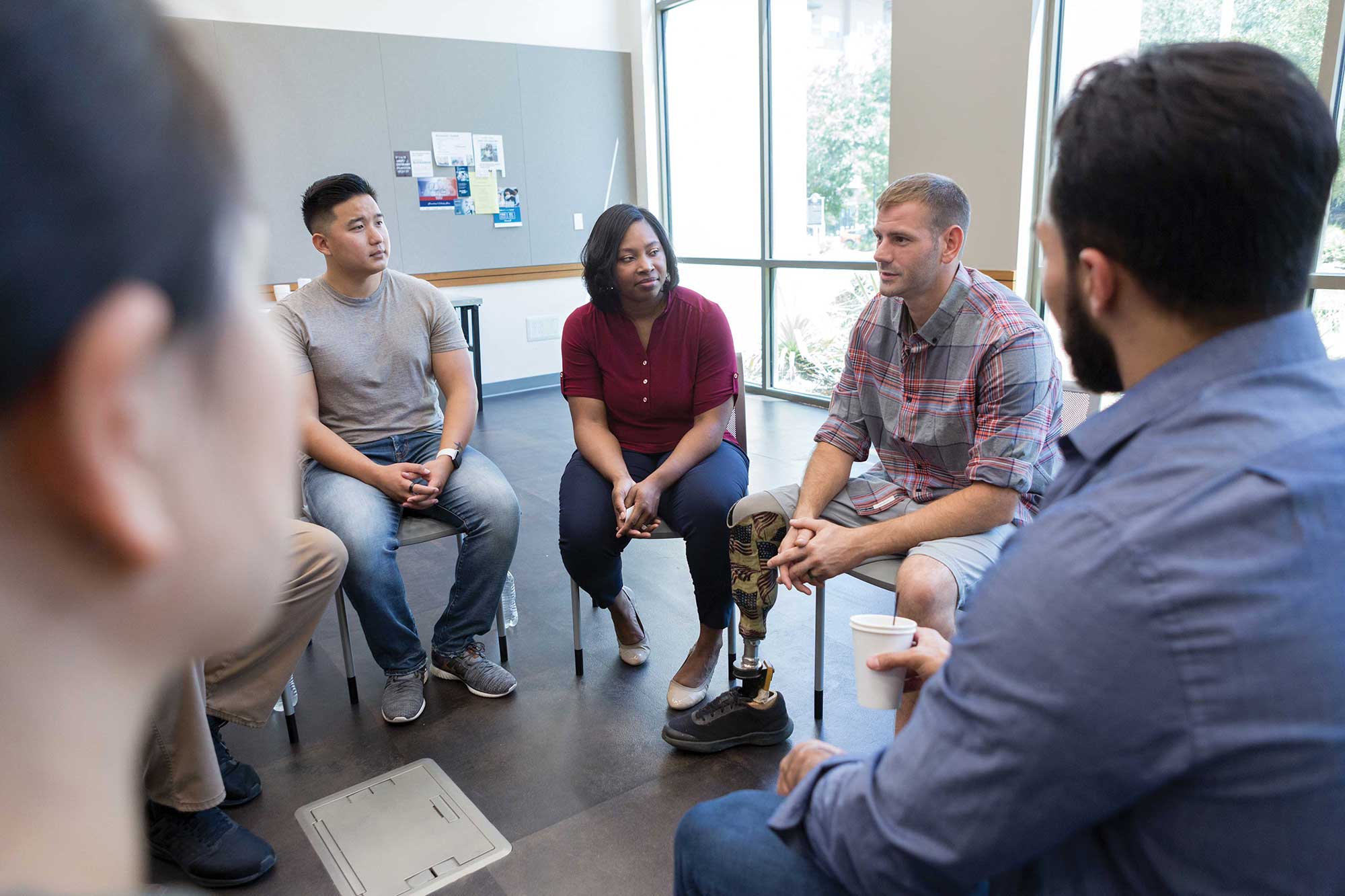
04 Oct Healing Wounds Unseen: Veterans Seeking Treatment for Complex Post-Traumatic Stress Disorder (CPTSD)
When we think of veterans, we often picture heroes who have faced unimaginable challenges on the battlefield. While they may have returned home physically intact, many carry the invisible scars of their experiences. Among these hidden wounds, Complex Post-Traumatic Stress Disorder (CPTSD) is a significant and often misunderstood condition. In this blog, we will explore what CPTSD is, its prevalence among veterans, the unique challenges they face, and the importance of seeking treatment for their mental health.
What is CPTSD?
Complex Post-Traumatic Stress Disorder (CPTSD) is a psychological condition that can develop in individuals who have experienced prolonged and repeated trauma. Unlike traditional Post-Traumatic Stress Disorder (PTSD), which is often associated with a single traumatic event, CPTSD is characterized by exposure to multiple and ongoing traumatic situations. For veterans, this can include combat experiences, exposure to death and injury, and prolonged periods of extreme stress during deployment.
The Unique Challenges Faced by Veterans
Veterans who have served in combat zones are at a higher risk of developing CPTSD due to the relentless and intense nature of their experiences. These experiences can include:
-
-
- Combat Exposure: Witnessing violence and engaging in combat puts immense psychological strain on veterans, making them susceptible to CPTSD.
- Multiple Deployments: Many veterans have experienced multiple deployments, which increase their exposure to trauma and stressors.
- Moral Injury: Veterans may grapple with moral injury, a condition where they feel a profound sense of guilt or shame for their actions or perceived failures during deployment.
- Isolation: Transitioning back to civilian life can be isolating, as veterans often struggle to relate their experiences to those who haven’t served, leading to feelings of alienation.
- Loss and Grief: Veterans may have lost comrades in battle or witnessed the suffering of others, leading to complicated grief and survivor’s guilt.
-
Seeking Treatment for CPTSD
It’s crucial for veterans to seek treatment if they suspect they are struggling with CPTSD. Effective treatments are available, and seeking help is a sign of strength, not weakness. Here are some steps veterans can take:
-
-
- Therapy: Evidence-based therapies like Cognitive-Behavioral Therapy (CBT), Eye Movement Desensitization and Reprocessing (EMDR), and Dialectical Behavior Therapy (DBT) have been effective in treating CPTSD. These therapies can help veterans process traumatic experiences, manage symptoms, and regain a sense of control.
- Medication: In some cases, medication may be prescribed to alleviate symptoms such as depression, anxiety, and insomnia. It is essential to work closely with a healthcare provider to determine the most appropriate treatment plan.
- Peer Support: Connecting with other veterans who have experienced similar challenges can provide a valuable support network. Many veterans find solace in peer support groups or online communities where they can share their experiences and coping strategies.
- Self-Care: Engaging in self-care practices, such as regular exercise, maintaining a healthy diet, getting adequate sleep, and practicing relaxation techniques, can help manage symptoms of CPTSD.
- Holistic Approaches: Some veterans find relief through holistic therapies like yoga, meditation, and art therapy. These approaches can complement traditional treatments and promote emotional healing.
-
Conclusion
Veterans who have served our country deserve our utmost respect and support, both during their service and after their return to civilian life. CPTSD is a significant challenge that many veterans face, but it is treatable. By seeking help and accessing appropriate resources, veterans can embark on a journey of healing and recovery. It is essential for society to recognize the sacrifices made by our veterans and ensure they receive the care and understanding they deserve as they navigate the path toward mental well-being.